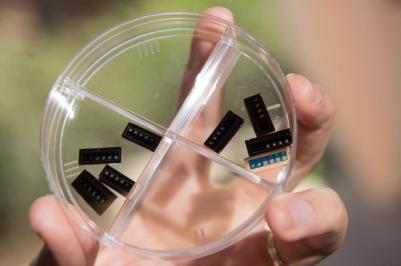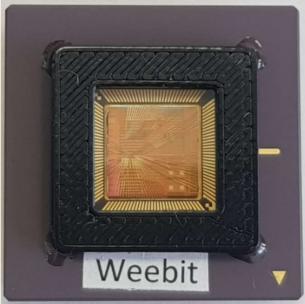Weebit Nano and Silvaco to co-develop ReRAM models and design tools
Israel-based SiOx RRAM developer Weebit Nano announced a new development program partnership with chip-design software developer Silvaco to develop a Technology Computer-Aided Design (TCAD) solution to accurately model the electrical behavior of Weebit Nanoâs ReRAM devices.

Weebit says that this new collaboration will accelerate the incorporation of Weebit Nanoâs ReRAM modules into advanced semiconductor designs. Silvaco will use the developed model as the basis for creating a TCAD solution for joint customers employing ReRAM technology.

